Same sex marriage in the UK in 2014
England and Wales have finally joined the growing number of countries which have now legalised same sex marriage.
This may not be news to you, as gay marriage officially became legal back in July 2013. But you may also be wondering why such ceremonies aren’t taking place as of yet; and the simple answer is that, as with the implementation of any new law, the Government often takes a great deal of time over it!
Good news is on the horizon, however – the first same sex marriages will start taking place in the spring of 2014.
There’s actually a great deal more to this new law than meets the eye, so we’ve put together a summary of how this affects same-sex couples in the England and Wales. Here are the three main aspects that the law introduces:-
1. Same-sex couples will now be able to marry on equal terms to heterosexual couples
2. Same-sex couples with existing civil partnerships will be able to convert their relationship to a marriage
3. Already-married individuals will be able to change their gender without legally ending their marriage
The journey of same sex marriages
Despite a succession of marriage reforms introduced into UK legislation from as early as the 18th century, it wasn’t until as late as 2004 that same-sex couples who wished to make such a reciprocal commitment could actually do so in any legally-recognised form.
2004 – The Civil Partnership Act – This allowed same-sex couples to enter a legally-recognised relationship. This was widely seen as a step in the right direction, but many realised that a civil partnership did not offer rights and benefits equal to those of a legal marriage between man and woman, and the fact that it wasn’t technically regarded as a ‘marriage’.
2011 – The law is amended to allow same-sex couples to have their civil partnership ceremony conducted within religious buildings (if the clergyman and the respective religious organisation permit it).
Early 2012 – The Government initiates public consultations with a view to elevating same-sex ceremonies to equal standing with opposite-sex ceremonies. This results in a popular commitment to make this happen later on in the year.
January 2013 – The ‘Marriage (Same-Sex Couples) Bill’ is introduced before Parliament.
17th July 2013 – The ‘Marriage (Same-Sex Couples) Act 2013’ receives Royal Assent and is enshrined in law.
When will same-sex marriage ceremonies be able to take place?
The primary sponsor of the Act, Equalities Minister Maria Miller, states that “Marriage is one of our most important institutions, and from 29th March 2014 it will be open to everyone, irrespective of whether they fall in love with someone of the same sex or opposite sex.”
If you want to be one of the first same-sex couples to tie the knot under the new legislation, then make sure you give notice at your local Register Office on or by the 13th of March – that’s the standard minimum 16 days of notice (for civil ceremonies) that all couples are required to give before getting married.
What about gay marriage in church or other religious buildings?
Before the new legislation came into effect, a same-sex civil partnership ceremony was not recognised in a religious context either. Now the law has been amended to allow certain religious bodies to conduct same-sex marriages – albeit on an opt-in basis.
Religious bodies opposed to the act have been ‘banned’ from holding same-sex marriages via law, in order to protect them from adverse interpretation of the European Convention Law on Human Rights, which guarantees the right to freedom of religion.
Religious bodies in the UK which have opted in include Christian Denominations such as Quakers and Unitarians, and the Jewish Liberal and Reform Synagogues.
Those who have opposed (and therefore won’t legally be allowed to conduct same-sex ceremonies) include The Church of England, The Church of Wales, The Catholic Church of England and Wales, the Muslim Council of Great Britain, the Network of Sikh Organisations and the London-based United Synagogues.
Converting existing civil partnerships
Those who already enjoy a co-habiting civil partnership will be able to convert their relationship to that of a civil marriage. The government haven’t as yet released any specific dates for when such couples will be able to do this, but have stated that the conversion of civil partnerships ‘will follow later’ (presumably after same-sex marriage ceremonies start taking place).
Conversion will require a fee to be paid – as you would normally pay a fee for any marriage ceremony.
The law will also dictate that, once converted, you will retrospectively have been fully married for the duration of your partnership. For example, one year after the conversion of your civil partnership of four years, you will be regarded as having been legally married for the entire five years.
Changing genders
The ‘Marriage (Same Sex Couples) Act 2013’ also considers those who are presently in a marriage who wish to undergo a legally recognised sex-change – they now do not have to end their marriage in order to make this possible.
Impact on the wedding industry
The introduction of this amended legislation is going to have a wider impact on the wedding industry as a whole, thanks to the increased number of marriages that the law will facilitate – especially considering that if ceremonies are to be a legal requirement of converting a civil partnership into a marriage, many couples will see this as an opportunity to hold their entire wedding celebration once again – and whyever not!
What about Same-sex marriage laws in Scotland and Northern Ireland?
Currently, the government in Northern Ireland have no plans to introduce same-sex marriages.
Scottish Parliament is currently working through stages of passing their own ‘Marriage and Civil Partnership (Scotland) Bill’. Currently, the bill is due to enter ‘Stage 2′ on the 16th January 2014. The progress of Scottish bills are broken into 3 stages, with a post stage 3 culminating in Royal Assent. Experts predict same sex marriages will commence in Scotland in early 2015.
So, prospective couples asking questions such as ‘when is gay marriage legal in the UK?’, and ‘when is the Gay Marriage Bill UK 2013 coming into effect?’ should find all their answers here! All in all, this is fantastic news which will enable homosexual, lesbian and other gay couples to tie the knot on equal grounds with everyone else – equality for all, just like it should be.
Further Reading…
View the fine print-
http://services.parliament.uk/bills/2013-14/marriagesamesexcouplesbill.html
Read the Government’s statement about the Same Sex Marriage Act 2013-
https://www.gov.uk/government/news/same-sex-marriage-becomes-law
A similar and inspirational article from the online lesbian wedding authority-
TwoBrides UK- The Lesbian Wedding Magazine
Thanks so much for the images from:
Somerset Wedding Photographer Belinda McCarthy
Bristol Photographer Dawn Wilkins
If you are looking to plan your same-sex wedding in the South West of England, then take a peek at The Wedding Secret’s main site, which helps couples tie the knot, find suppliers and plan their weddings! – www.theweddingsecret.co.uk




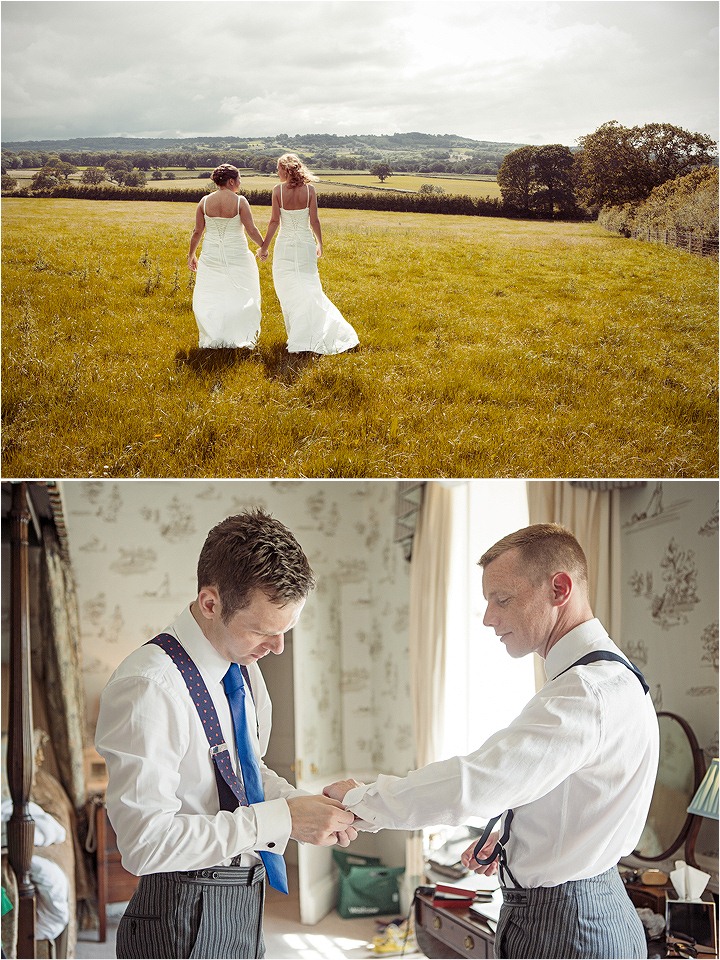
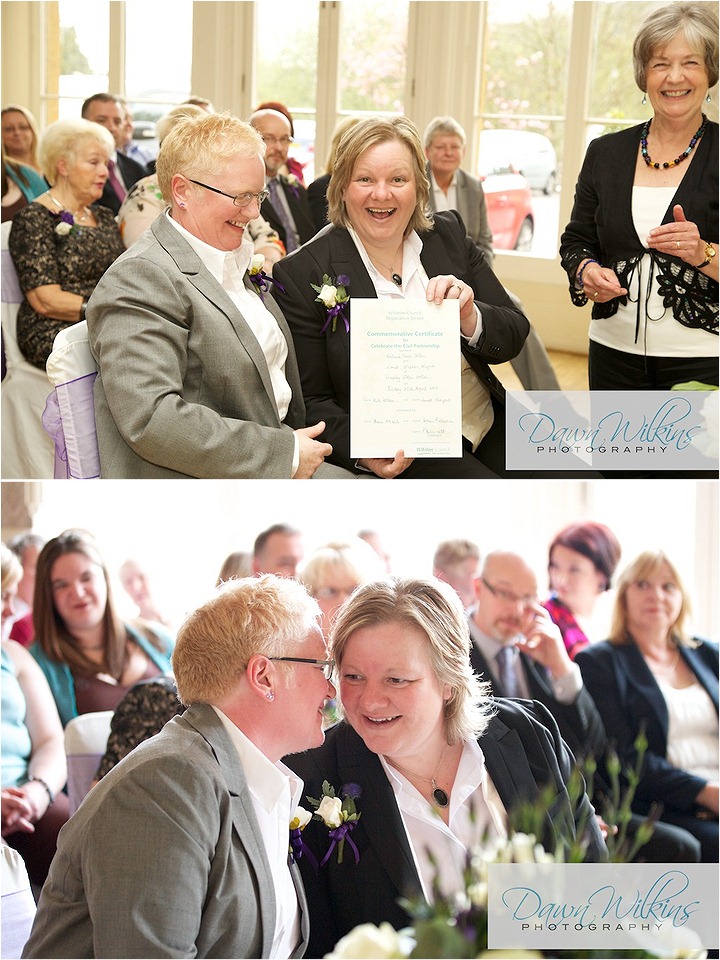
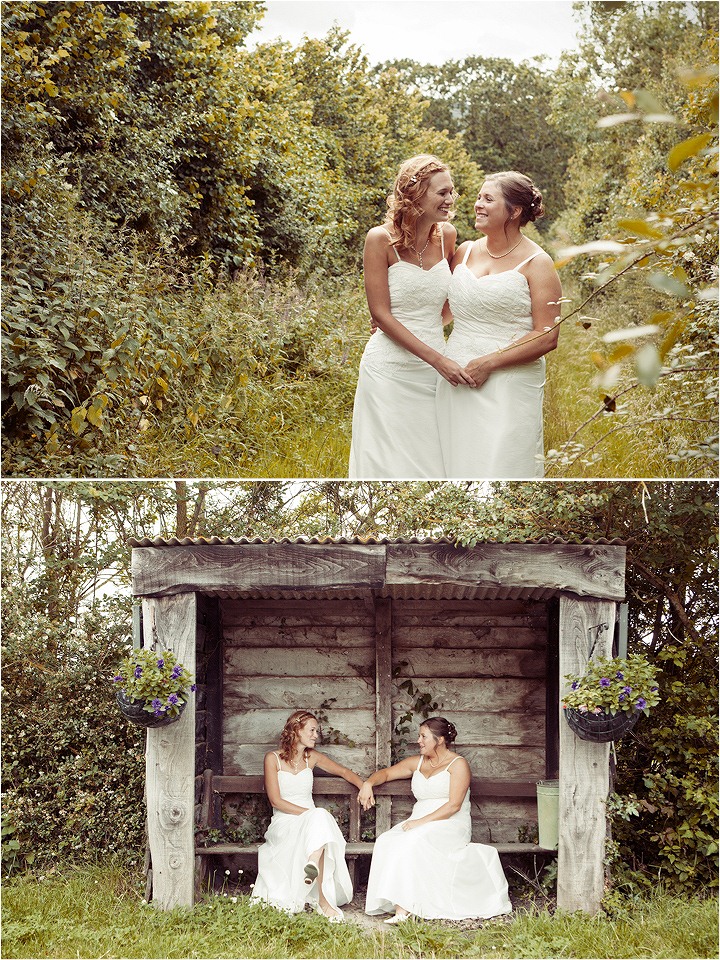
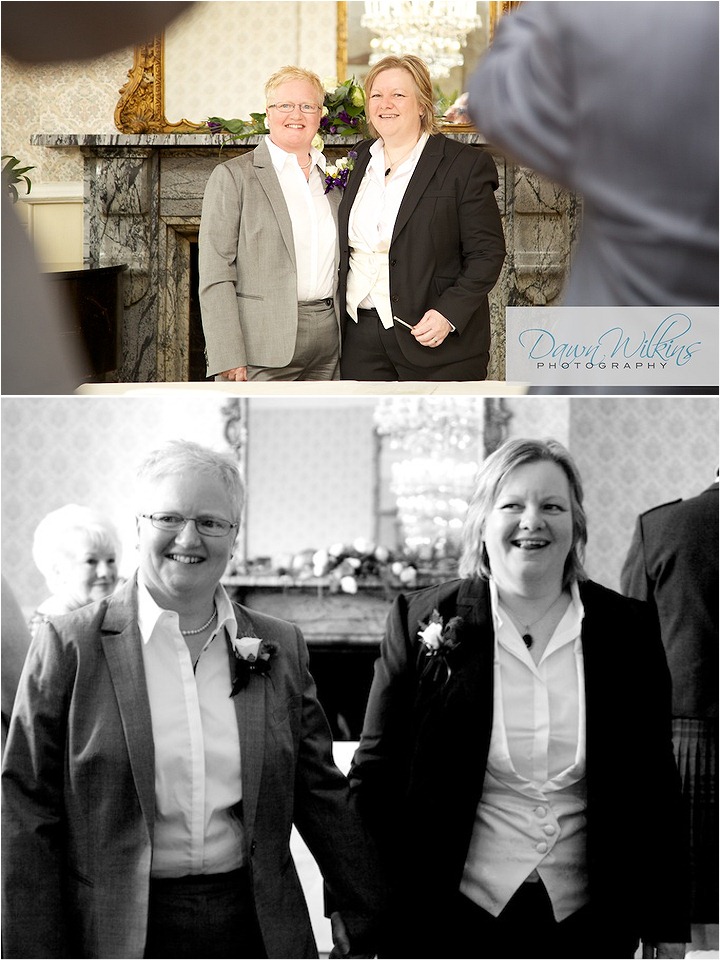
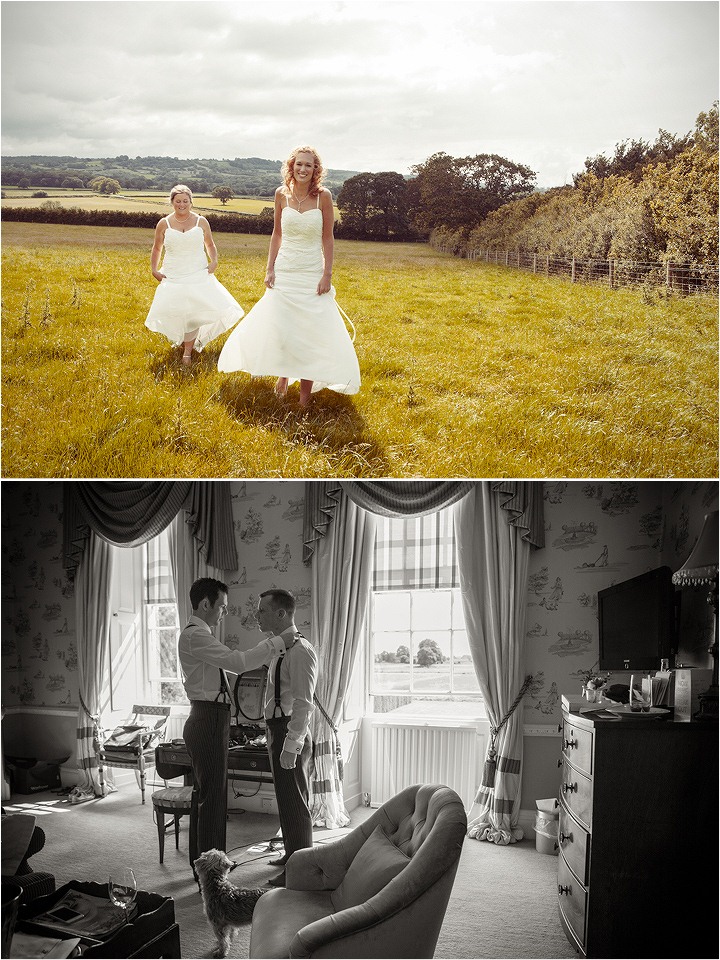

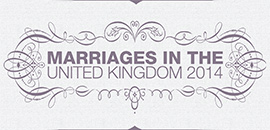




Hi,
I found this really interesting, especially as you’ve made a timeline of this long process whilst also stating what the new law means for everyone in different circumstances!
I’ve written a blog which is based on celebrating same-sex marriage in the UK whilst also exploring why it has taken so long. If you have a moment, please read and let me know why you think it has taken so long!
Thanks
http://rightorwrongethics.blogspot.co.uk/2014/01/celebrating-same-sex-marriage-in-uk-but.html
Heres the blog link!
Thanks